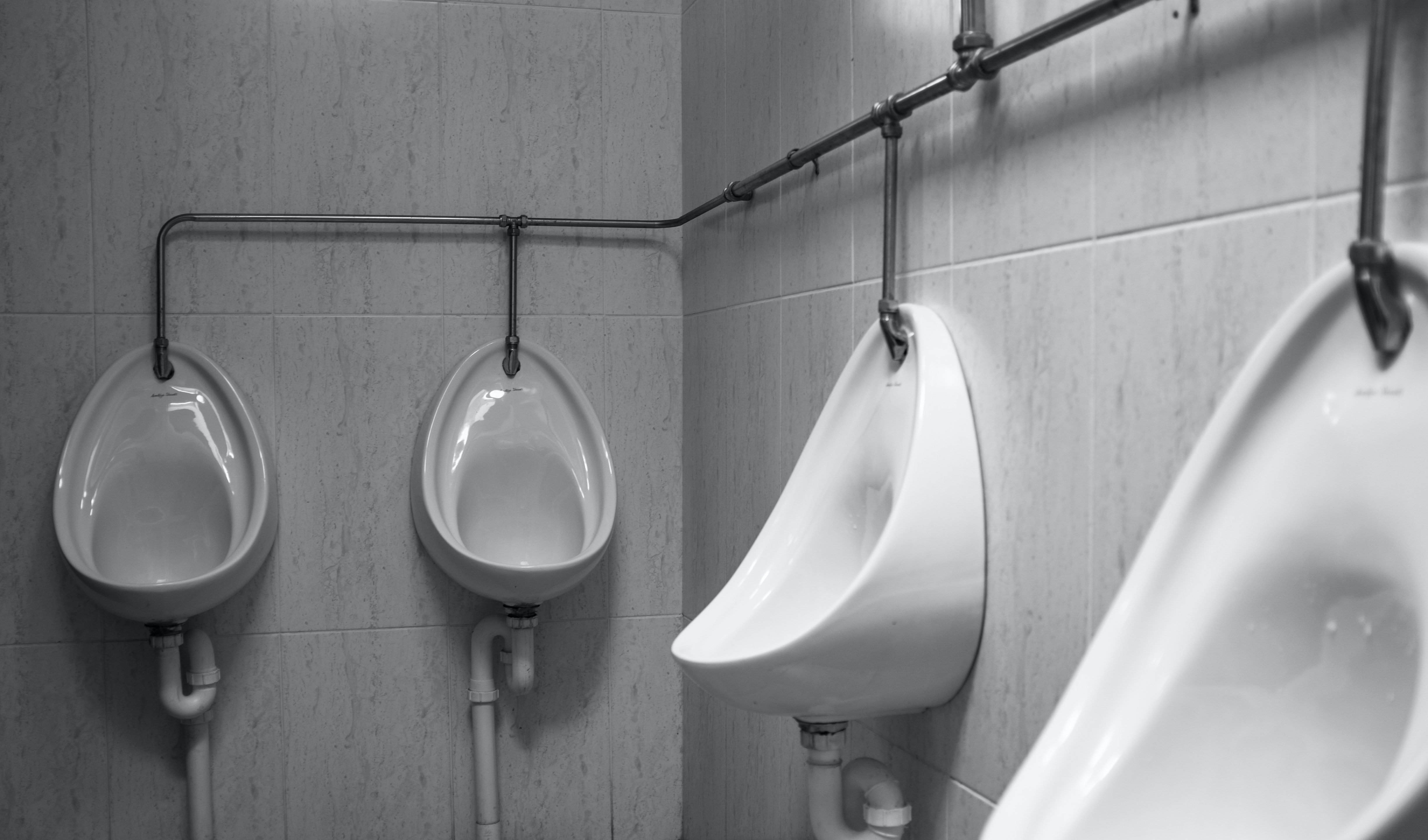What your urine can tell you about your health

You may think this is funny but it's very important. Your urine says a lot about your overall health. The next time you make the trip to the loo, observe the color, smell, stream, volume, leakage, presence of blood or bubble when you pass urine or disruption of the neighbouring system such as abnormal bowel habits or sexual symptoms.
The most striking thing about urine is the color. Any change of the color would immediately set an alarm to any patient to see their doctor. Your urine can turn red, brown, black, green and milky yellow when it is abnormal. Most common abnormalities is red urine or ‘haematuria’ that suggest presence of blood. Normally, fewer than 1,000 red blood cells are excreted in the urine each minute. "Microscopic haematuria’ is presence of blood that cannot be seen with naked eyes but detected by urine dipstick or analysis and it is the most common finding on routine urine analysis of adults. In women, menstruation cause always need to be excluded. Other causes need to be then investigated including urinary tract infection, urinary stones, cancer of the urinary tract, prostate enlargement or use medications such as blood-thinning medication. To note, there are also certain medications and foods (such as beets and rhubarbs) that can also darken your urine colour. It is very important for your doctor to know if you have risk factors for urinary tract cancer such as smoking history, family history of cancer or occupational exposure to benzenes or aromatic amines (such as in leather dye, rubber and tire industries).
Many patients would not know how much urine they been peeing everyday but they can certainly take notice of the annoying frequent visits to the toilet to pee. Sudden increase in urinary frequency and volume can also signifies health issue (provided your water intake remained relatively the same) most commonly due to poorly controlled diabetes especially when coupled with other symptoms such as thirst, fatigue, blurring of vision and weight loss. Make sure to see your doctor to have your fasting sugar level check regularly.
In older men, urinary symptoms typically presented with poor or weak urine stream, straining to fully emptied bladder, hesitancy, frequency, urgency and dribbling at the end of urination. This is due to enlarging prostate gland that is blocking the flow of urine out. The prevalence of or benign prostatic hyperplasia (BPH) increase with age with an estimated 90% of men in their seventies will develop prostate gland enlargement. Your doctor will carefully examined your prostate gland via rectal examination to assess the size of your gland. Assessment will be made on severity of your symptoms and prostate cancer risk assessment. Treatment can be started with oral tablets and if no improvement of symptoms, surgery can be consider. Patient need to void frequently and to take extra time to void completely and to avoid beverages like coffee, tea and alcohol in excessive amount.
Among adult women, urinary tract infection is the most common bacterial infections. Most at risk are sexually active young women. Urinary tract infections are more common in women than men because of anatomical factor especially short urethra. Typical urinary symptoms include frequent urination but small amount, pain on urination, urgency and lower abdominal pain. Most common cause is from ascending bacteria infection from bowel and vagina to the urinary systems which can occur spontaneously but risk increases after sexual intercourse. Other risk factors including delays in micturition, use of diaphragm and spermicide and having a new sex partner. In male, all cases of urinary tract infection need to be extensively investigated to determine cause. General measures to avoid urinary tract infection is to ensure adequate fluid intake, avoid delaying that annoying visit to the toilet, voiding after intercourse, avoid the use of spermicides and diaphragm and excessive intake of caffeinated drinks such as coffee and tea. Cranberry juice and pills has also been used quite regularly as prevention of urinary tract infection especially in women.



